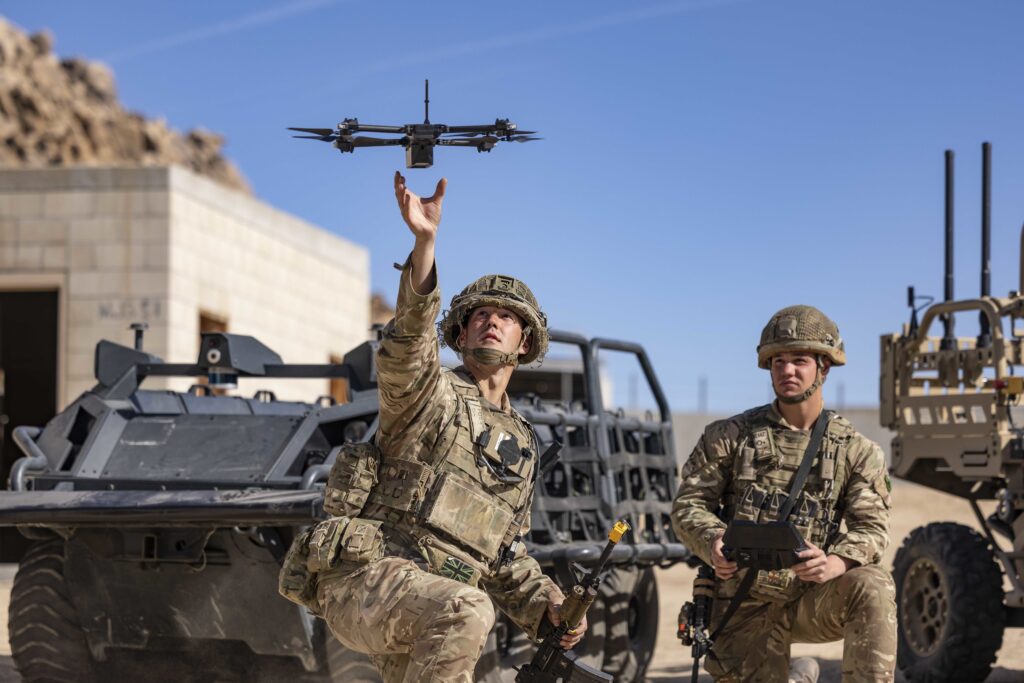In summary, the role of technology in shaping modern defense policy is undeniable. From intelligence gathering to military operations, cybersecurity, and deterrence strategies, advancements in technology have revolutionized the way nations defend themselves against potential threats. As technology continues to evolve, defense policies will need to adapt to keep up with the changing nature of warfare in the 21st century. It is clear that technology will continue to play a pivotal role in defense policy, influencing how nations gather intelligence, conduct military operations, protect against cyber attacks, and deter potential adversaries. The integration of technology will be crucial for maintaining peace and stability in the international system.
The Role of Technology in Shaping Modern Defense Policy
Introduction
Technology has always played a crucial role in shaping defense policies and strategies. From the invention of gunpowder to the rise of nuclear weapons, advancements in technology have continuously transformed the nature of warfare. In the modern age, technology continues to play a pivotal role in defense policy, influencing everything from intelligence gathering to military operations and deterrence strategies.
Intelligence Gathering
One of the key ways in which technology has shaped modern defense policy is through intelligence gathering. The use of satellites, drones, and other surveillance technologies has revolutionized the way in which military and intelligence agencies collect information about potential threats. These technologies provide real-time data on enemy movements, capabilities, and intentions, allowing defense officials to make more informed decisions about how to respond to potential threats.
Military Operations
Advancements in technology have also had a significant impact on military operations. The development of precision-guided munitions, unmanned aerial vehicles (UAVs), and other high-tech weaponry has transformed the way in which wars are fought. These technologies have made it possible to strike targets with unprecedented accuracy and to conduct military operations with minimal risk to troops on the ground.
Cybersecurity
In the digital age, cybersecurity has become a critical component of defense policy. As more and more military operations become reliant on interconnected computer systems, the risk of cyber attacks from hostile actors has grown exponentially. Defense agencies are now investing heavily in cybersecurity technologies and strategies to protect their networks from malicious actors and ensure the security of sensitive information.
Deterrence Strategies
Technology also plays a key role in shaping deterrence strategies. The development of advanced missile defense systems, anti-satellite weapons, and other high-tech deterrents has enabled nations to strengthen their defense capabilities and deter potential adversaries from engaging in hostile actions. These technologies serve as a powerful deterrent against aggression and help to maintain peace and stability in the international system.
Conclusion
Technology continues to play a crucial role in shaping modern defense policy. From intelligence gathering and military operations to cybersecurity and deterrence strategies, advancements in technology have transformed the way in which nations defend themselves against potential threats. As technology continues to evolve, defense policies will need to adapt to keep pace with the changing nature of warfare in the 21st century.
